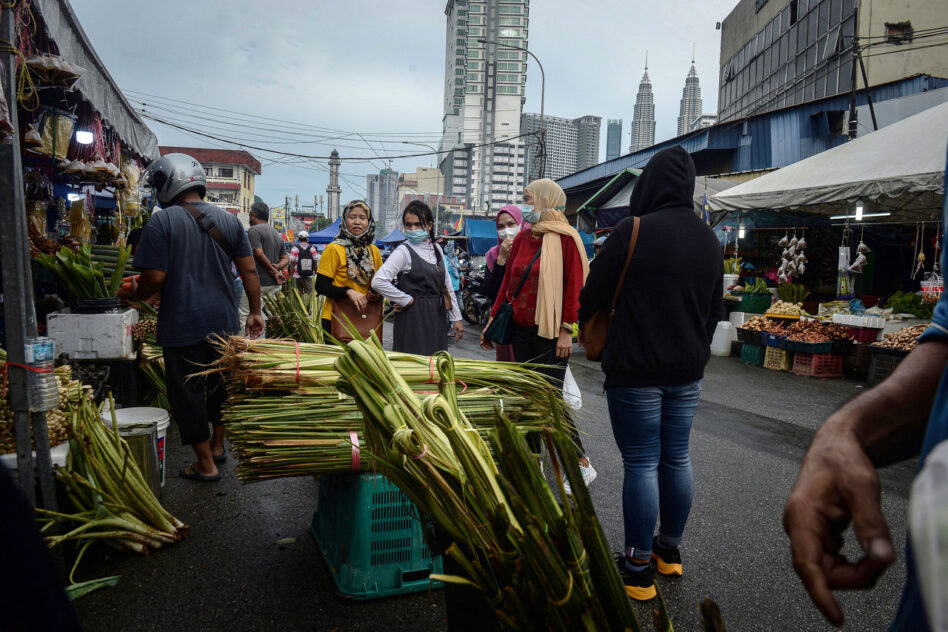
Be careful of subsidies as short-term sweetener amid looming GE15

AT a glance, any plan by the Government to raise subsidies in attempts to cover the cost of living will be viewed positively and could even boost stock market sentiment in the short term. After all, such decision will not only help sustain the purchasing power of consumers, but also reduce operational cost pressures for Malaysian corporates in 2H 2022F.
But be extra wary that such measures could only signal an early general election (GE15) for Malaysia in 2H 2022.
If this is the case, those measures can end up as short-term reprieve in the sense that what has been doled out can always be ‘taken back’ by either the incumbent Government, assuming it secures victory in the election, or even ‘called off’ by the government of the day on grounds of a policy revamp.
On Saturday (June 25), Prime Minister Datuk Seri Ismail Sabri Yaakob said the Government has rescinded its earlier decision to remove the ceiling price for chicken effective July 1 following its ‘consultation’ with the people. The current ceiling price for standard chicken is RM8.90/kg.
Additionally, there will also be no water and electricity tariff hikes for domestic users in the peninsula despite the Government having to bear an additional electricity subsidy of RM5.8 bil given higher generation costs.
On the same day, Finance Minister Tengku Datuk Seri Zafrul announced that Malaysia’s projected consumption subsidy expenditure is RM77.3 bil in 2022 – the highest ever borne by any government.
The projected consumption subsidy covers petrol, diesel and liquefied petroleum gas (RM37.3 bil), cooking oil (RM4 bil), flour and electricity (RM9.7 bil), social welfare assistance (RM11.7 bil), and other subsidies (RM14.6 bil).
Meanwhile, Human Resource (HR) Minister Datuk Seri M. Saravanan expects a larger number of Indonesian workers (17,987) to fill voids in the plantation and manufacturing sectors within one or two months. Malaysia started receiving the first few batches of Indonesian workers on May 22.
On June 19, it was reported that the one-stop centre for foreign workers’ approval has been transferred from the Home Ministry to the HR Ministry and the latter has since approved 230,000 foreign workers.
Commenting on government subsidies, CGS-CIMB Research said the significantly higher subsidy spending could pose some risks to the fiscal deficit projection of 6% of gross domestic product (GDP) in 2022E. This is considering that total subsidy spending (including on electricity, fuel etc.) is projected to soar to RM77.3 bil from RM17.4 bil estimated in Budget 2022.
“However, as subsidies are part of operating expenditure, it needs to be financed by either higher revenue collection or reduction in other expenditure components,” head of research Ivy Ng Lee Fang and analyst Nagulan Ravi pointed out in a Malaysia strategy update.
“For revenue, the high commodity prices and robust domestic economic performance will likely result in a higher tax collection than estimated.”
However, to balance the rest of the subsidy spending, other fiscal expenditure components are likely to see a reduction, namely government’s supplies and services, grants or emoluments.
This simply means that either the continuation of subsidies is merely to tempt the taste buds of the electorate to vote favourably for the incumbent Government, or that the enjoyment period for subsidies and other feel good factor perks may be short-lived after all in view of the current financial constraints faced by the Government. – June 27, 2022
No comments:
Post a Comment